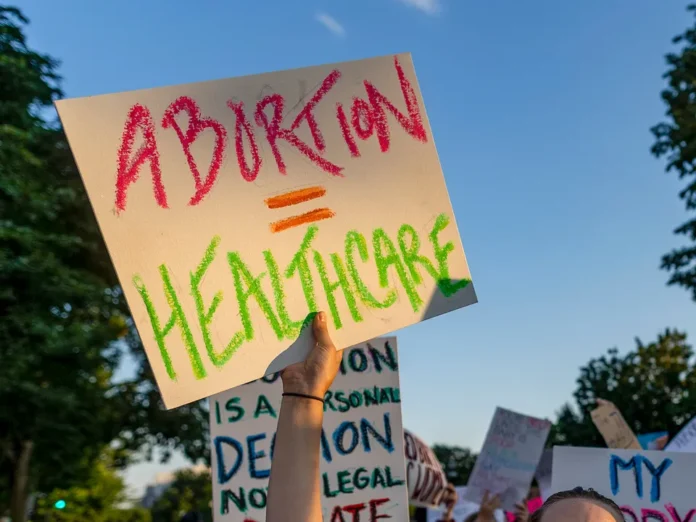Abortion is a topic that evokes strong emotions and opinions. Different countries have varying approaches and regulations regarding abortion rights, reflecting their cultural, religious, and legal perspectives. In this blog, we will take a global glance at abortion rights and shed light on the situation in the UK.
Let’s start by looking at some countries where abortion is widely accessible. In countries like Canada, Sweden, and the Netherlands, abortion is considered a fundamental right and is permitted within specific time frames. These countries typically have relatively liberal abortion laws, allowing women to make decisions about their reproductive health based on their individual circumstances.
On the other hand, there are countries where abortion is severely restricted or even completely banned. In some conservative or religiously influenced nations, such as Ireland and Poland, abortion is highly regulated or prohibited except in exceptional circumstances, such as when the woman’s life is at risk. These restrictions can have profound implications for women’s healthcare and choices.
Now, let’s turn our attention to the UK. The situation regarding abortion rights in the UK has undergone significant changes over the years. In 1967, the Abortion Act was passed, which allowed abortions to be performed under certain conditions. This Act provides that abortions are legal up to 24 weeks of pregnancy, provided two accredited doctors agree that there are sufficient grounds, such as the risk to the woman’s physical or mental health, or the likelihood of serious fetal abnormality.
However, the topic of abortion rights in the UK remains a subject of debate. Some advocate for further liberalization of the abortion laws, arguing that women should have greater autonomy over their bodies and reproductive choices. Others, however, hold more conservative views, emphasizing the protection of the unborn life and potential ethical considerations.
It’s important to note that abortion is not just a legal matter; it also has profound social, ethical, and personal dimensions. Different individuals and communities hold diverse beliefs and values when it comes to abortion. Some see it as a necessary healthcare option, while others view it as an ethical dilemma. These varying perspectives often shape the political and social discourse surrounding abortion rights.
Regardless of personal views, it is crucial to have informed and open discussions about abortion. Such conversations can help raise awareness, promote understanding, and drive efforts towards ensuring that women have access to safe and comprehensive reproductive healthcare. Additionally, it is essential to respect the rights andoices of each individual, while also considering the broader social, ethical, and legal implications.
In conclusion, abortion rights look different around the world, with countries adopting diverse positions on this complex issue. The UK stands at a particular point in its abortion rights journey, with its own set of regulations and ongoing debates. By engaging in informed discussions and considering different perspectives, we can strive towards finding a that upholds the principles of bodily autonomy, compassion, and respect for life.
